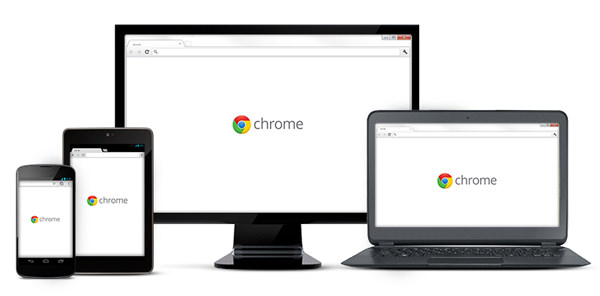Google Chrome 71: Good-bye to advertising on sites with invasive banners and abusive experiences.
The blocking of advertising comes with Chrome 71, and is imposed for all sites that have been using invasive practices for at least 30 days, proposing an ” abusive ” experience to users.
Google announced the release of Chrome 71 for Windows, Mac and Linux, an important version of the web browser on which the company has been working for several months. Among the most expected features, there are ways designed to combat the ” advertising experiences ” that violate the conditions imposed by Big G, with which for example: will be blocked manipulant systems adopted on some websites and will be shown to users on sites that can extort money fraudulently.
With Chrome 71, Google is able tofilter out experiences considered ” abusive ” according to the most widespread standards of the web. For abusive experiences are not only those dictated by advertising banners, but also the techniques defined ” trick-to-click ” (which push the user to click against his will) or auto-redirect without any interaction. Sites that receive an abusive experience will receive a grace period of 30 days, after which – if nothing has changed – any advertising presence within them will be blocked.
Google has gradually extended its attitude over the course of advertising bad practices. In 2017, he announced that Chrome 64 would have prevented sites from opening pop-ups, new tabs, and making automatic redirects to new pages. He later stated that he would support the guidelines imposed by Better Ads Standards. The filter for the abusive experiences of Chrome 71 can be activated or deactivated within the Site Settings (the icon before the URL on the address bar), under the heading Announcements.
 But it is likely that the vast majority of users will not touch the option, which is active by default. Google hopes to use the data collected with Chrome 71 to identify sites that do not adhere to the rules and penalize them. It is also true that in this way, Google claims more power than in the past: not only is the company with the biggest advertising circuit in the online world, but it also becomes a body capable of making decisions about what can be called wrong (remember that Chrome is the most popular browser in the world).
But it is likely that the vast majority of users will not touch the option, which is active by default. Google hopes to use the data collected with Chrome 71 to identify sites that do not adhere to the rules and penalize them. It is also true that in this way, Google claims more power than in the past: not only is the company with the biggest advertising circuit in the online world, but it also becomes a body capable of making decisions about what can be called wrong (remember that Chrome is the most popular browser in the world).
Google has specified that the news will involve only ” a small number of sites characterized by abusive and persistent experiences “, but we will see only in the coming weeks the benefits (and if there are, the disadvantages) of the new methods. With Chrome 71 further innovations are planned, such as the correction of dozens of vulnerabilities and the ” mute ” to sites that reproduce sounds automatically. Chrome 71 is already available on desktop and should arrive on Android and Chrome OS in the next days or at most in the coming weeks.

